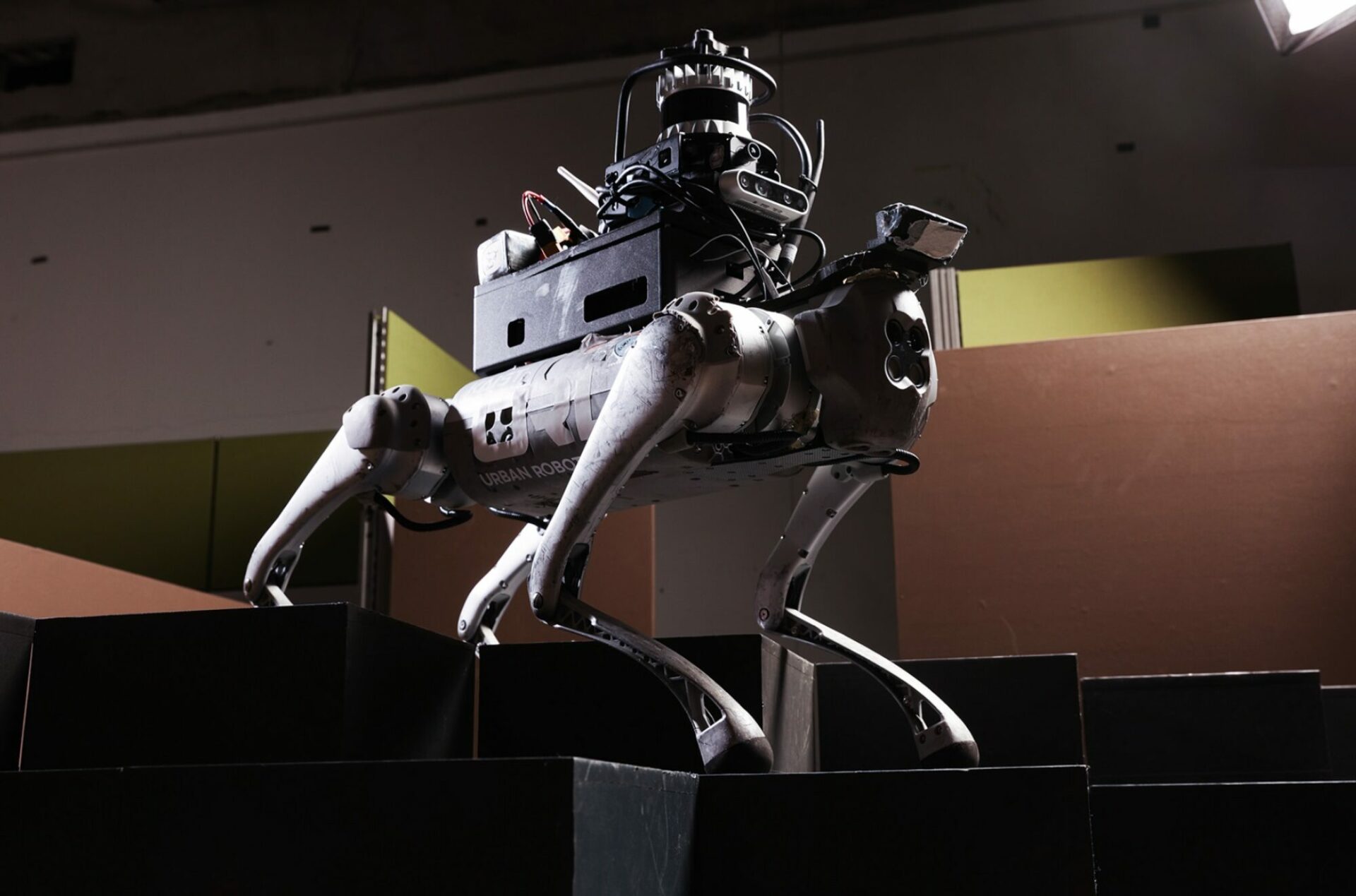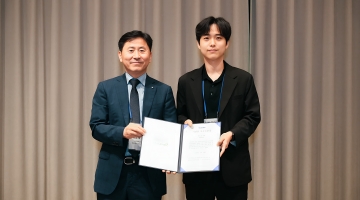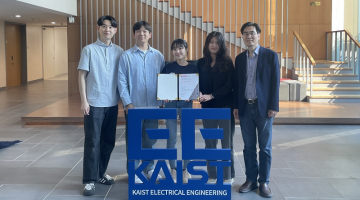
A paper co-authored by Ph.D. candidates Seokjoon Kwon and Hee-Deok Jang, a...

Research Goals and Vision
The KAIST School of Electrical Engineering aims to advance the field of robotics and control by developing innovative technologies and methodologies. This research encompasses control theory, autonomous vehicles, human-robot interaction, drones and urban air mobility (UAM), humanoid and legged robots, Networked / Distributed Control Systems, data-driven control, fault-tolerant systems, and power management/battery systems. The department’s innovative research in these topics can be applied across various industries, including automotive, aerospace, healthcare, manufacturing, and urban transportation.
Key Research Areas
Control Theory
Autonomous Vehicles / Navigation
Human-Robot Interaction (HRI)
관련교수
FACULTIES
Drones / Urban Air Mobility (UAM)
Humanoid / Legged Robots
Networked / Distributed Control Systems
Data-driven Control
Fault-tolerant Systems / Robust Control
Power Management / Battery Systems
Recent related activities in Robotics & Control
See below for specifc ongoing research topics related to Robotics & Control of KAIST EE.



 The Urban Robotics Lab, led by Professor Hyun Myung from the School of Ele...
The Urban Robotics Lab, led by Professor Hyun Myung from the School of Ele...Copyright ⓒ 2015 KAIST Electrical Engineering. All rights reserved. Made by PRESSCAT
Copyright ⓒ 2015 KAIST Electrical Engineering. All rights reserved. Made by PRESSCAT
Copyright ⓒ 2015 KAIST Electrical Engineering. All rights reserved. Made by PRESSCAT
Copyright ⓒ 2015 KAIST Electrical
Engineering. All rights reserved.
Made by PRESSCAT